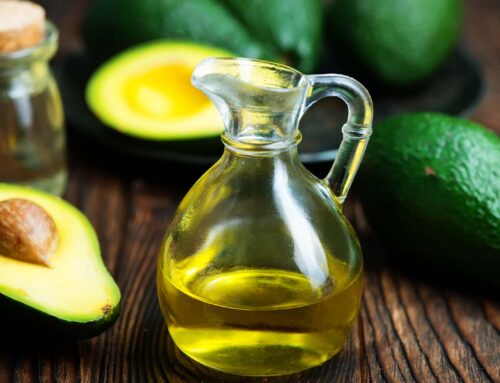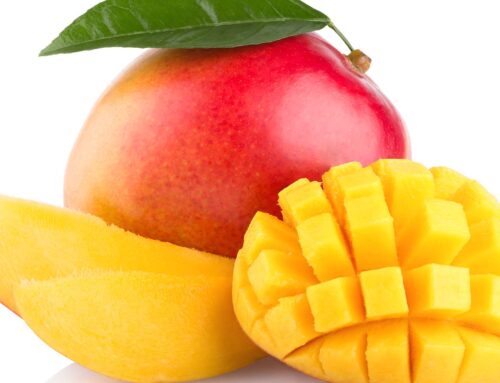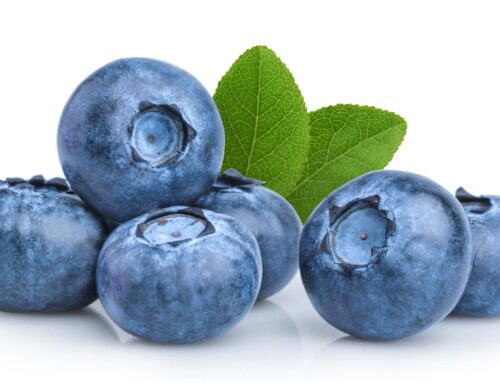
Sugar: The Sweet Truth You Need to Know
Not all sugars are created equal. Some fuel your body, while others can harm it. So, what’s the difference, and how can you make healthier choices? Let’s break it down.
Intrinsic Sugars (Natural): The Good Kind
What Are They?
These are naturally present in whole foods like fruits, vegetables, and dairy. Examples include fructose (fruit) and lactose (milk).
Why They’re Good for You
- Packed with nutrients like vitamins, minerals, and antioxidants.
- Contain fiber, which slows sugar absorption and prevents spikes.
- Support long-term health by reducing the risk of chronic diseases.
Best Sources
- Apples
- Oranges
- Berries
- Carrots
- Yogurt
Extrinsic Sugars (Added): The Ones to Limit
What Are They?
Sugars added to foods during processing or preparation. Examples include white sugar, high-fructose corn syrup (HFCS), honey, and maple syrup.
Why Limit Them
- Empty Calories: Provide calories but no nutrients.
- Blood Sugar Spikes: Cause rapid increases and crashes in blood glucose levels.
- Health Risks: Linked to weight gain, diabetes, and heart disease.
Foods to Avoid
- Sugary Beverages (sodas, energy drinks, sweetened teas)
- Candy and Sweets
- Baked Goods (donuts, pastries, muffins)
- Breakfast Cereals
- Condiments and Sauces (ketchup, barbecue sauce)
- Flavored Yogurts
- Processed Snacks (granola bars, fruit snacks)
- Ice Cream and Desserts
- Packaged Breads
- Canned and Packaged Foods
The Link Between Added Sugars and Inflammation
Excess added sugars can contribute to chronic inflammation, which is linked to several health conditions:
- Heart Disease
- Type 2 Diabetes
- Non-Alcoholic Fatty Liver Disease (NAFLD)
- Autoimmune Diseases
- Skin Conditions
Tips to Reduce Added Sugar
- Check Labels: Look for hidden sugars like HFCS, glucose, and dextrose.
- Choose Whole Foods: Opt for fruits instead of sugary snacks.
- Limit Sugary Drinks: Swap sodas for water or herbal teas.
- Flavor Naturally: Use cinnamon or vanilla extract instead of sugar.




